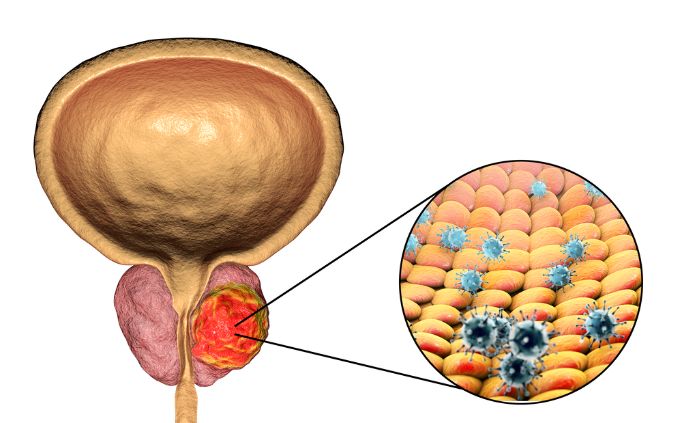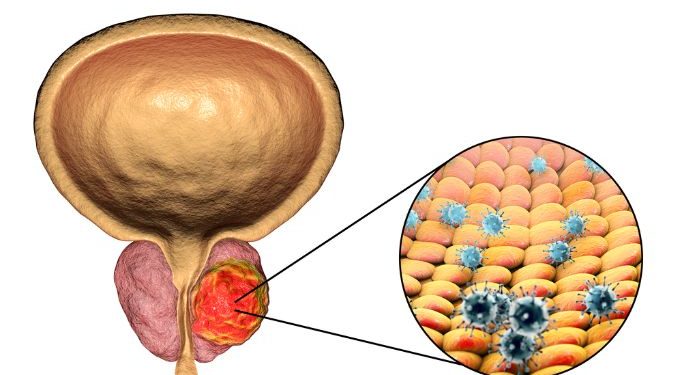Many men develop an enlarged prostate (benign prostatic hyperplasia, or BPH) as they get older. The condition doesn’t increase the risk of cancer or cause other health problems and usually causes no symptoms. Some men choose to wait and see if the problem gets better, while others seek medical or surgical treatment for their symptoms. These treatments include medications and minimally invasive procedures that destroy or remove the enlarged prostate tissue or widen the urethra.
BPH happens when the cells in your prostate grow too fast. The prostate gland is part of the male reproductive system and makes fluid that forms semen, but it also can block the urethra when its cells become enlarged. BPH is not a serious disease, but it can make peeing painful and uncomfortable. Men with mild to moderate symptoms often decide to wait and watch before seeking treatment.
Some BPH symptoms, such as an overactive bladder and urinary retention, don’t get worse and may go away on their own. Your health care provider can diagnose the condition by asking you questions and examining your genital area. Your doctor might perform a digital rectal exam, in which he inserts a gloved finger into the rectum to feel the back wall of your prostate. He may use a urodynamic study to measure your flow of urine and pressure in the prostate and urethra.

Your urologist can try several medications to treat BPH. Alpha blockers, such as tamsulosin, reduce the amount of prostatic fluid produced and can relieve symptoms. These drugs, however, can have side effects such as dizziness and low blood pressure (orthostatic hypotension). Dutasteride, a newer 5a-reductase inhibitor, has been shown to be nearly as effective for treating BPH as alpha blockers but has fewer side effects.
Another type of treatment is called transurethral resection of the prostate (TURP). In this procedure, your urologist uses a lighted tool called a resectoscope to reach the urethra and prostate, then cuts pieces of the enlarged tissue with a wire loop. Special fluid carries the pieces into the bladder, where they are flushed out of the body. This surgery is a gold standard for treating BPH and can relieve symptoms in most men.
A surgical technique that hasn’t been studied as widely is a procedure called transurethral vaporization of the prostate (TUVP). In this procedure, your urologist puts a tube into your urethra and a catheter into your bladder. Using X-ray guidance, the doctor then passes the catheter into blood vessels that supply the prostate. Tiny plastic particles in the catheter reduce the blood flow to the prostate, causing it to shrink. TUVP can be less painful than TURP but hasn’t been shown to be as effective for treating BPH.









